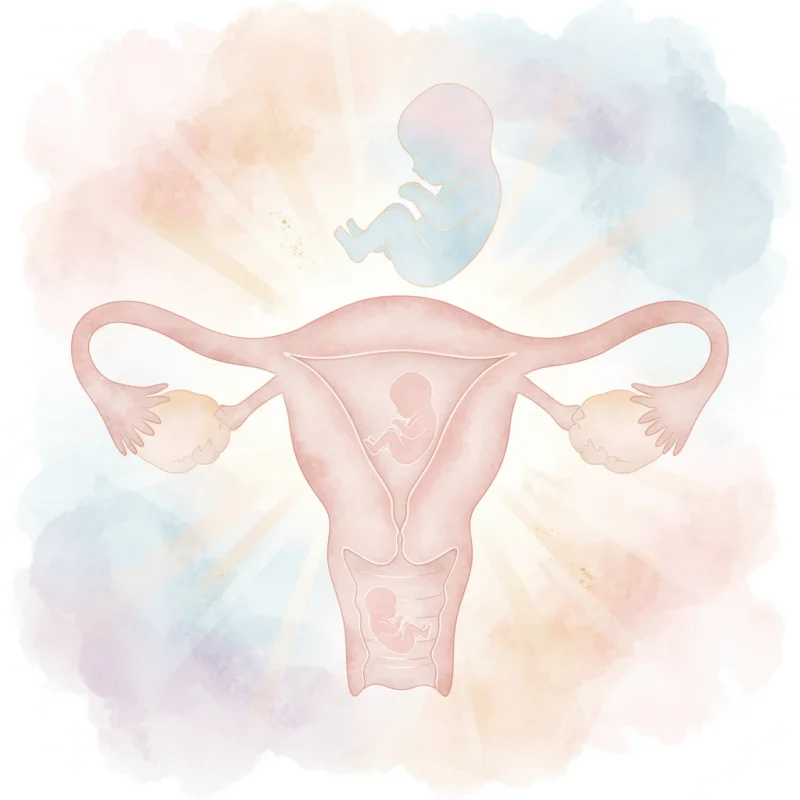Predict your baby's gender for fun
Explore traditional gender prediction methods including the Chinese Gender Calendar, old wives' tales, and symptom-based predictions. Remember: these are just for entertainment!

Baby Gender Predictor
Answer these fun questions to get your predictions (for entertainment only!)
Important Reminder
These predictions are based on myths, folklore, and old wives' tales with no scientific accuracy. They're meant purely for fun! The only reliable way to determine your baby's gender is through medical testing like ultrasound or genetic screening.
Chinese Gender Calendar
Pregnancy Symptoms
Physical Changes
Fun Prediction Methods
Ring Test
Swing a ring over belly - circles for girl, lines for boy
Baking Soda Test
Mix with urine - fizz for boy, no fizz for girl
Key Test
Pick up key by round end for girl, narrow for boy
Accurate Methods
Ultrasound
95-99% accurate after 18-20 weeks
NIPT Test
99% accurate from 10 weeks
Amniocentesis
Nearly 100% accurate
Remember
These predictions are just for fun and have no scientific basis!
The most important thing is having a healthy baby.
Always consult your healthcare provider for medical information.
Related Pregnancy Tools
Frequently Asked Questions
Common questions about gender prediction methods and accuracy
Are these gender prediction methods accurate?
No, these methods are not scientifically accurate. They are traditional beliefs, myths, and old wives' tales meant for entertainment only. The only reliable methods for determining baby's gender are medical tests like ultrasound (after 18-20 weeks) or genetic testing.
What is the Chinese Gender Calendar?
The Chinese Gender Calendar is a traditional prediction method that claims to predict baby's gender based on the mother's lunar age at conception and the lunar month of conception. While popular, it has no scientific basis and is about 50% accurate (same as random chance).
When can I find out my baby's gender accurately?
Medical methods can determine gender accurately: Ultrasound at 18-20 weeks (95-99% accurate), NIPT blood test after 10 weeks (99% accurate), CVS at 10-13 weeks, or Amniocentesis at 15-20 weeks. Always confirm with your healthcare provider.
Why do people still use these prediction methods?
These methods are fun traditions that many families enjoy as part of their pregnancy journey. They can be entertaining conversation starters at baby showers or gender reveal parties, even though they're not scientifically valid.
Do any symptoms actually indicate baby's gender?
No pregnancy symptoms reliably indicate baby's gender. Morning sickness, cravings, belly shape, and heart rate are influenced by many factors including genetics, health, and individual variation, not the baby's gender.